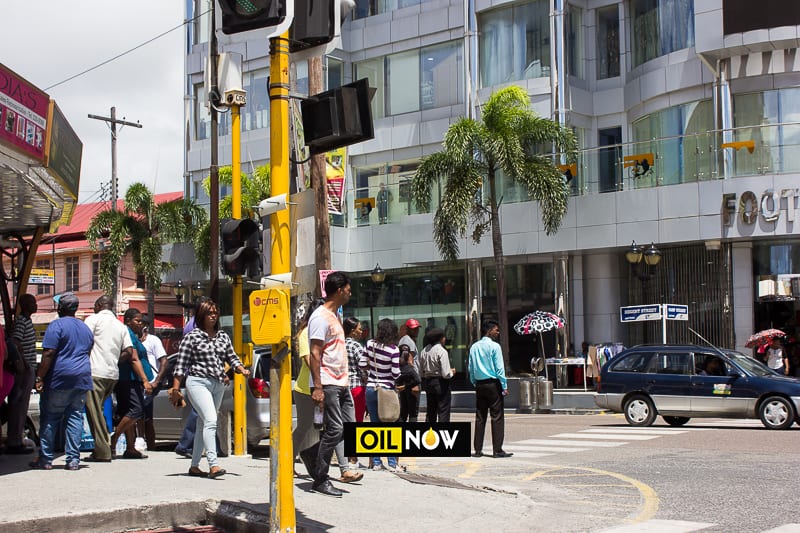In less that 24 months Guyana, located on the northern shoulder of South America, will begin producing oil from its vast offshore reserves discovered by US oil major ExxonMobil. The opportunity that oil wealth presents is clear, says the American Security Project (ASP), but warned that known pitfalls associated with this windfall must be avoided at all cost.
“More money will flow into Guyana, both to government coffers in the form of royalties, profit sharing, and lease payments; and to the broader economy, as workers are hired and local contracts are signed,” ASP stated in a recently released report.
“The economic boom, if directed properly, could provide the basis for dealing with longstanding security problems,” the organization said at a presentation in Washington, DC on October 18.
However, throwing money on top of intractable social problems without reform could end up only making them worse, ASP warned. “A growing body of evidence shows that unexpected increases in resource wealth given to countries with weak and unstable political institutions can only make the problems worse and more intractable. It can add a layer of government instability and economic challenges to already existing internal threats.”
For that reason, policymakers, ASP pointed out, should acknowledge that money could solve some problems, while reform and foresight must be used to prevent others.
“Some of the security challenges that Guyana faces can be lessened with more money. For instance, Guyana is a common transit country for cocaine headed from Columbia and Venezuela to the United States, Canada, and Europe. In the last decade, under pressure from the U.S. to combat drug smuggling, the government passed legislation to address money laundering, terrorist financing, and extradition,” ASP stated.
A new Special Organized Crime Unit has also been established and authorities in Guyana has launched an updated Drug Strategy Plan. Each of these actions provided important legal and institutional ability to fight drug trafficking and organized crime, but the country has lacked the means to fund and support the efforts. Guyana’s large coastline, long navigable rivers, and sparsely inhabited jungles provide easy cover for illicit smuggling. “Increasing funding and manpower in their Coast Guard, customs enforcement agency, and police will allow the country to more effectively manage its borders and understand how and where illicit goods transit to larger markets,” the organization said.
Guyana is a member of the U.S.-led Caribbean Basin Security Initiative, in which the U.S. collaborates with Caribbean countries to build the capacity to address transnational threats. Such collaboration allows intelligence sharing so that host countries can monitor and track illicit goods. With greater resources dedicated to law enforcement, the government of Guyana can more effectively act on American intelligence.
However, ASP pointed out that some problems are not solved with money. While finding a resource like oil should be a blessing to a country, as ASP has argued in previous papers, a resource boom does not always benefit the country that receives the windfall. “Too many times, countries experience a “Resource Curse” where the full value of natural resources are lost, and the population is left worse off,” it reminded.
Guyana, ASP said, must do all in its power to avoid this pitfall if the nation of around 750,000 people is truly to benefit from the coming oil production windfall.



